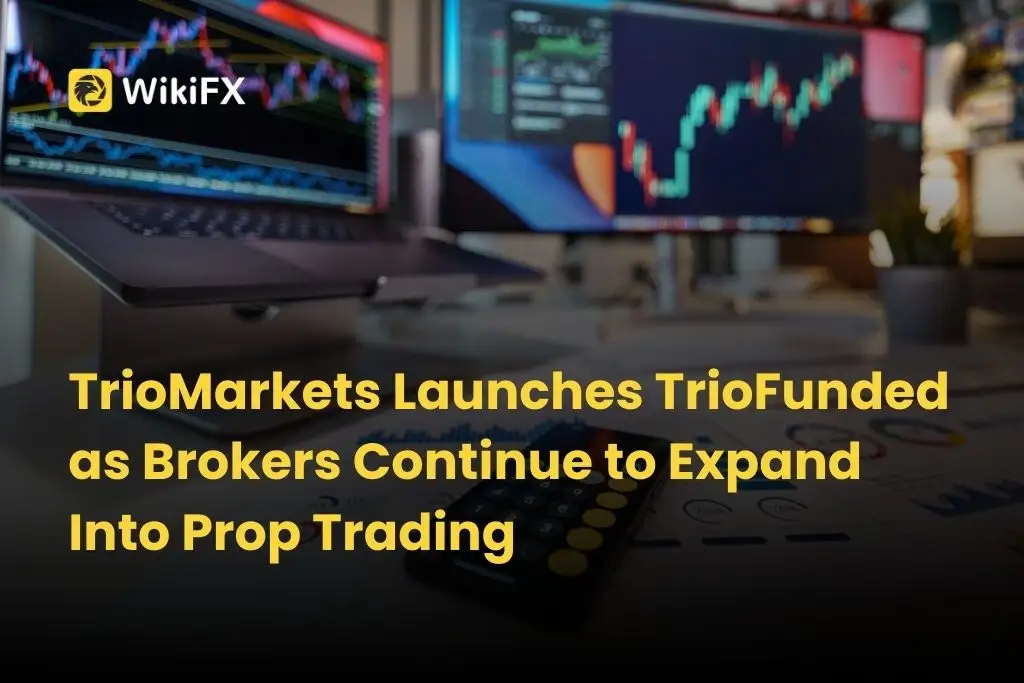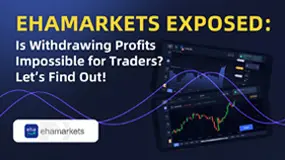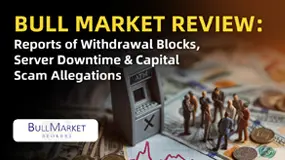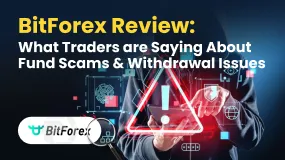Abstract:JP Markets, South Africa's most reviled forex broker until recently, has resurrected from the dead just in time for Halloween. The Financial Sector Conduct Authority, which was previously proud of its ability to slay it, has been rendered useless and humiliated.
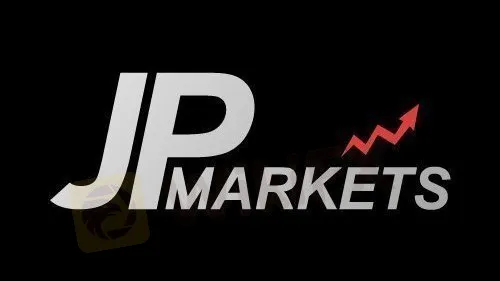
A short recap: In June 2020, the Financial Sector Conduct Authority (FSCA) discovered that JP Markets had been defrauding its own forex traders by raising their fees without warning, altering market data, and disregarding withdrawal requests.
JP Markets had also failed to apply for an Over the Counter Derivative Provider (ODP) license, which would be required of all forex brokers starting in 2020. The FSCA revoked JP Markets' license and petitioned the Gauteng High Court for a liquidation order, which was granted in September. The majority of spectators assumed that this was the end of the story. JP Markets, on the other hand, filed an appeal against the ruling.
Following a protracted legal struggle, the Supreme Court of Appeal (SCA) totally exonerated JP Markets, eliminating the threat of liquidation and setting the path for a damages countersuit. The FSCA had not examined other brokers who had not sought for an ODP license, which there were many. This was one of the Supreme Court of Appeal's key concerns. It smelled of persecution that the FSCA utilized JP Markets' failure to apply as a primary justification for the liquidation.
JP Markets was likewise a solvent firm, according to the SCA, with 70 workers, R220 million in cash, and over 300,000 clients. JP Markets demonstrated to the court that in the three months leading up to its suspension, it had paid out more over R1 billion to traders. The FSCA required a clear mandate to liquidate a healthy firm with so many consumers and workers, which the court believes did not present.
Both concerns were highlighted by us and many others in the Forex trading community at the time of the liquidation order. There were whispers that the FSCA had overstepped its powers. However, there was minimal public outcry because many brokers were aware that they may be next on the FSCA's hit list if they did not have an ODP license. In their public pronouncements against JP Markets, the FSCA made it apparent that they were looking into other brokers in the nation for similar tactics. It would have been quite foolish to speak out against the FSCA at this time.

Many people are relieved to see the FSCA publically scolded and declawed. It should, however, be a major source of concern. South African forex traders need to know that they are safeguarded by a powerful regulator with the authority to prosecute untrustworthy brokers. Forex traders should also be aware that when the FSCA acts, it does it lawfully and impartially. Finally, forex traders must be assured that their rights as financial services customers will be protected by the courts.
Many South African traders will be concerned to learn that the SCA also argued in its decision that “since traders were free to accept or refuse the spreads [fees] given to them, it was not undesirable to quote differential spreads to clients who had been deemed 'toxic.'”
With that one egregiously anti-consumer statement, forex brokers in South Africa are now allowed to increase costs for consumers they find unsatisfactory, for any reason, and without warning.
Other accusations against JP Markets were similarly ruled to be unjustified by the court: the complaints brought directly to the FSCA were too few to matter when compared to the company's 300,000 clients. The FSCA must be to blame; with more background information, it might have made a stronger case for people it is supposed to safeguard.
In one of the more unusual rulings, the court appears to believe JP Markets' claim that it never manipulated the trading platform:
“[JP Markets] went on to say that because trading takes place on an automated trading platform, any downtime would be damaging to the company's operations. As a result, it took all safeguards available to avoid such disruptions or system breakdowns.”
As a result, the FSCA has been warned and will have to use greater caution the next time it investigates another forex broker, which is a good thing. Perhaps next time it will be better prepared and less zealous.
But make no mistake, there are many unscrupulous forex brokers in South Africa who will be applauding this ruling today. The SCA has made it more difficult for the Financial Services Commission of South Africa (FSCA) to safeguard South African people from fraudulent financial firms.






